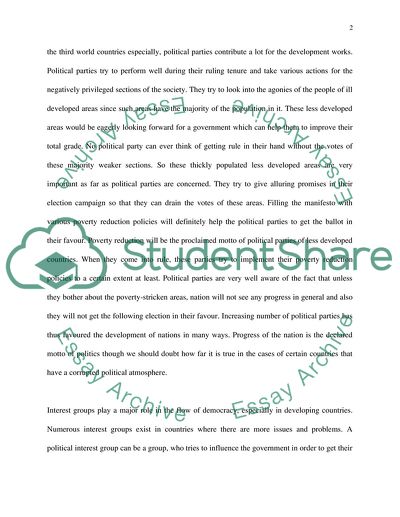Cite this document
(“Competing Political Interests And Poverty Reduction Essay”, n.d.)
Competing Political Interests And Poverty Reduction Essay. Retrieved from https://studentshare.org/politics/1536305-essay-about-social-policy-and-development-please-see-attached-instruction-for-detail
Competing Political Interests And Poverty Reduction Essay. Retrieved from https://studentshare.org/politics/1536305-essay-about-social-policy-and-development-please-see-attached-instruction-for-detail
(Competing Political Interests And Poverty Reduction Essay)
Competing Political Interests And Poverty Reduction Essay. https://studentshare.org/politics/1536305-essay-about-social-policy-and-development-please-see-attached-instruction-for-detail.
Competing Political Interests And Poverty Reduction Essay. https://studentshare.org/politics/1536305-essay-about-social-policy-and-development-please-see-attached-instruction-for-detail.
“Competing Political Interests And Poverty Reduction Essay”, n.d. https://studentshare.org/politics/1536305-essay-about-social-policy-and-development-please-see-attached-instruction-for-detail.


